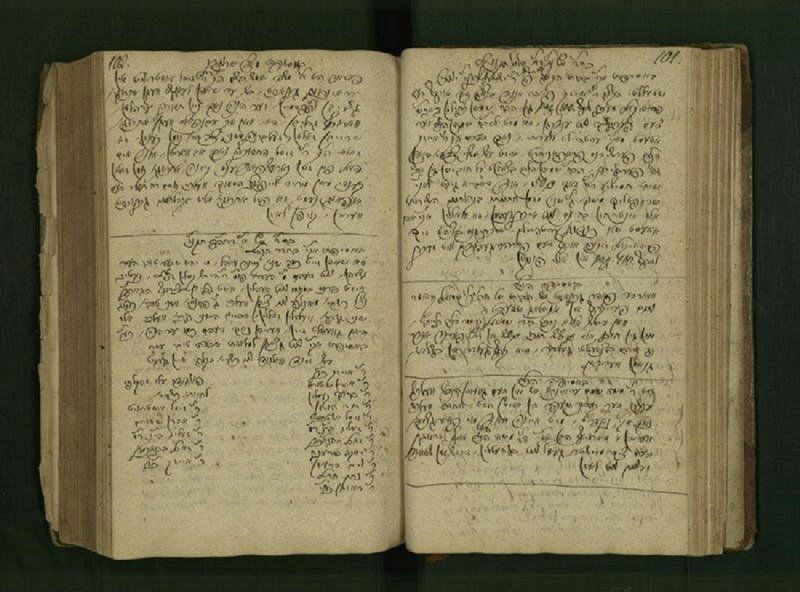Next week, the winners of the annual Banipal Prize for Arabic Literary Translation will be celebrated in London.
When the awards were announced in mid-January, it came as no surprise that Khaled Mattawa took the top award for his translation and compilation of “Adonis: Selected Poems.” This collection, published by Yale University Press, also took a 2011 PEN award and was on the short list for the prestigious 2011 Griffin Prize. Mattawa is a celebrated Libyan-American poet, and Adonis had specifically requested him for the project.
The Banipal’s “runner-up” and “commended” translators were comparatively less well-known. The recognized books weren’t first translations for either runner-up Barbara Romaine or commended translator Maia Tabet. But for both, the 2011 Banipal was their first big translation award. Both women had worked somewhat outside the establishment, and both had chosen to work with authors whose work they loved.
The commended translator, Tabet, began translating Lebanese novelist Elias Khoury’s “White Masks” in 1993 as a “labor of love” that took her 17 years to complete. And runner-up Romaine, who was selected for her translation of Egyptian novelist Radwa Ashour’s “Specters,” began her association with Ashour in 1996.
“Specters” (“Atayaf”) was the second novel of Ashour’s that Romaine translated. Her ties to Ashour began in the mid-90s, when she paid a visit to Dar al-Hilal.
“I was browsing idly among the books when I happened to pick up ‘Siraaj,’ ” she wrote in an email. “I turned it over and read the biographical information on the back, only to learn that Radwa Ashour — of whom I’d never heard, up to that point — had gotten her doctorate at the University of Massachusetts, Amherst, from which I graduated.”
Charmed by the coincidence, Romaine picked up the book. She loved it and began to translate the novel, not knowing if she would ever be able to find a publisher for the completed work.
It was six or seven years later that Romaine contacted Ashour through another translator, and Ashour agreed to go forward with Romaine’s translation of “Siraaj.”
“Siraaj,” Romaine said, consisted of “elegant but fairly straightforward prose,” and thus provided a good challenge, but not an overwhelming one. “Specters” was different. It is more difficult because of its complex, twinned narrative. In the book, the story of the real Radwa is interwoven with that of a fictional Shagar. It includes sections of verse by 10th-century poet Al-Mutanabbi, as well as poetic excerpts that had been recited by Ashour’s son, Tamim al-Barghouti, or husband, Mourid Barghouti.
“When I got to those passages,” Romaine said, “my heart froze.”
“I struggled and struggled, ravaging every Arabic dictionary I owned, including ‘Lisan al-Arab’, and finally, with a fatalistic sense of closing my eyes and plunging forward into heaven-knew-what, I sent the results off to Radwa,” Romaine said. “I had no idea whether I had done the lines anything like justice, but, to my astonished gratification, she was pleased.”
Romaine said she believes the book will find its place in the global canon because “it strikes a singular blow for Palestine.”
Romaine said that the two books of Ashour’s that she translated are so different that she isn’t sure if she used knowledge gained during the translation of “Siraaj” while working on “Specters.” But the Banipal judges praised her experience: “This experimental novel, which is political in the best sense, needs a confident translator, and has found one in Barbara Romaine.”
Novelist Bahaa Taher also spoke warmly about his translational relationship with Romaine, who brought his “Aunt Safiyya and the Monastery” into English in 1996. Taher worked closely with Romaine on what was her first full-length translation. They worked together so closely, in fact, that he has called the project a “co-translation.” Taher said that this close work with the translator was one of the reasons that book turned out so well.
Ashour also worked with Romaine on “Siraaj” and “Specters.” Ashour is particularly well-positioned either to help or stymie her translators, as she has a PhD in African-American literature and has herself translated Arabic poetry into English. But Romaine said that Ashour has never tried to push her views, and that Ashour has “been very willing to spend many email messages working out a problem.”
Romaine said that she was pleased to have been named runner-up for the 2011 Banipal Prize, which recognizes the often under-appreciated activity of literary translation. The Banipal, Romaine said, helps to legitimize “translation as a sophisticated intellectual pursuit.”
The three translators will be honored at a ceremony on 6 February at Kings Place in London. Meanwhile, Romaine is currently at work on a translation of Ashour’s 2008 novel, “Farag.”




